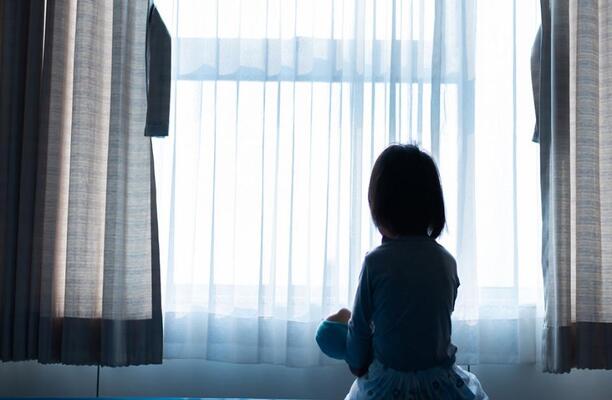By Ejiofor Toochi
Edited by Ezennia Uche
The Nigerian Senate has intensified its fight against sexual violence with a new bill proposing life imprisonment for anyone convicted of child defilement. The Criminal Code (Amendment) Bill, 2025, recently passed by the Senate, aims to strengthen child protection laws in Nigeria, close legal loopholes, and ensure stricter punishment for rapists and sexual offenders.
Life Imprisonment Now Standard for Child Defilement
According to the new bill, life imprisonment will now be the standard punishment for anyone convicted of child defilement, with no option of a fine. Lawmakers also expanded the scope of the law to make it gender-neutral, meaning both male and female offenders—as well as male and female victims—are now covered.
This reform corrects a long-standing imbalance in Nigeria’s sexual-offence laws, which have historically failed to protect boys or prosecute female offenders. For decades, Nigerian sexual-violence legislation focused mainly on female victims, leaving many male survivors without recognition or justice.
Stronger Penalties for Rape and Sexual Offence
In addition to prescribing life imprisonment for those convicted of defiling minors, the Senate has proposed a 10-year minimum jail term for rape. The amendment defines rape as the act of forcing any person—male or female—to engage in sexual intercourse without consent, whether in a brothel or elsewhere.
These provisions reflect a wider shift toward gender-inclusive protection and tougher measures to deter sexual crimes in Nigeria.
Lagos Leads the Way in Gender-Neutral Laws
Lagos State remains one of the most progressive in Nigeria in tackling sexual offences against minors. The Criminal Law of 2015 already sets out gender-neutral provisions, allowing both men and women to be prosecuted for sexual abuse.
The law prescribes strict penalties, including:
- Seven years’ imprisonment for indecent treatment of a child (Section 135)
- Life imprisonment for defilement (Section 137)
- Life imprisonment for sexual assault by penetration (Section 261)
- Fourteen years for attempted sexual assault (Section 262)
- Three years for non-penetrative sexual assault (Section 263)
Nigeria’s Ongoing Challenge: Beyond Legislation
Still, legislation alone cannot solve the problem. According to UNICEF, six in ten Nigerian children experience some form of violence, with one in four girls and one in ten boys reporting sexual abuse. Yet less than five percent of survivors ever receive any form of support or intervention.
Many offenders go unpunished due to a lack of forensic evidence, weak investigations, or families withdrawing cases for fear of stigma. The new laws are a step forward, but real change will come only when survivors are heard, offenders are held accountable, and justice becomes more than words on paper.
READ ALSO: Poverty in Nigeria: A Persistent Challenge Despite Government Initiatives








